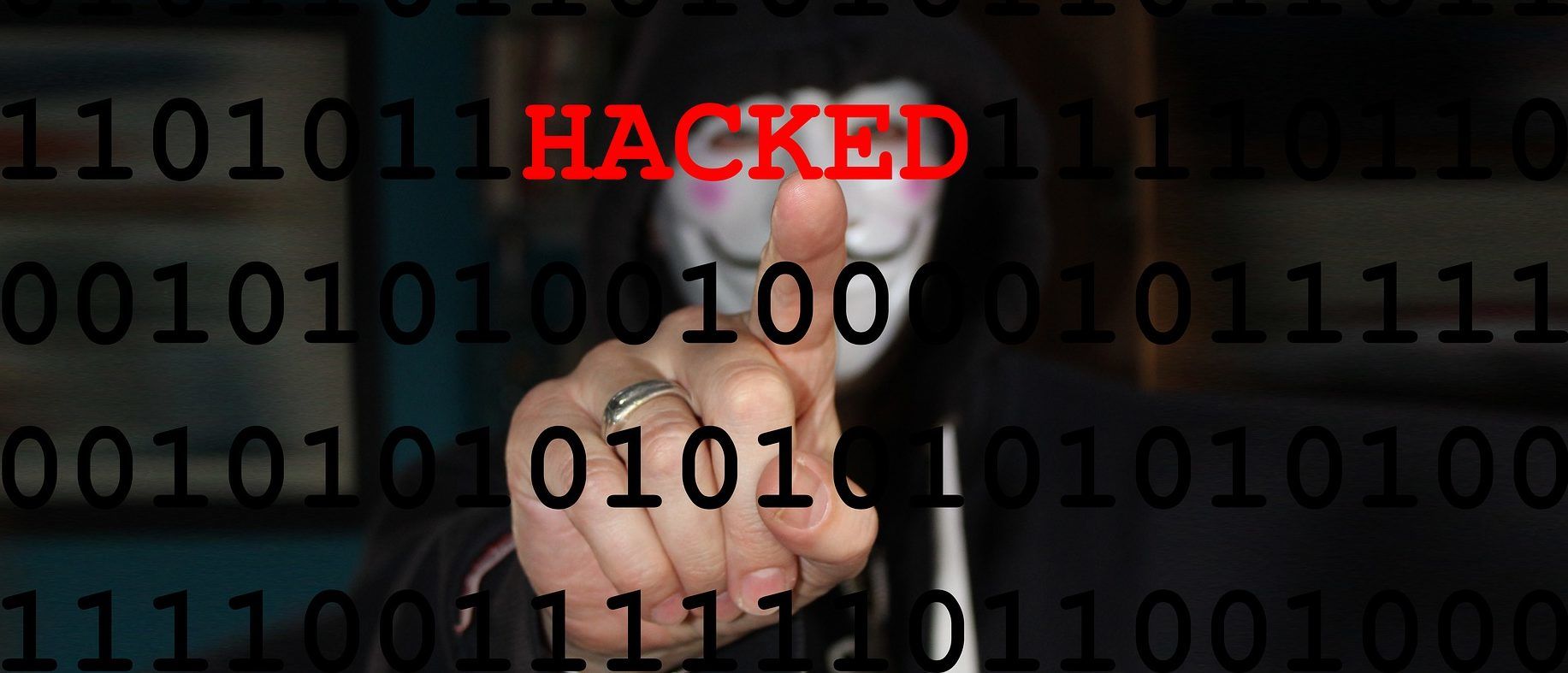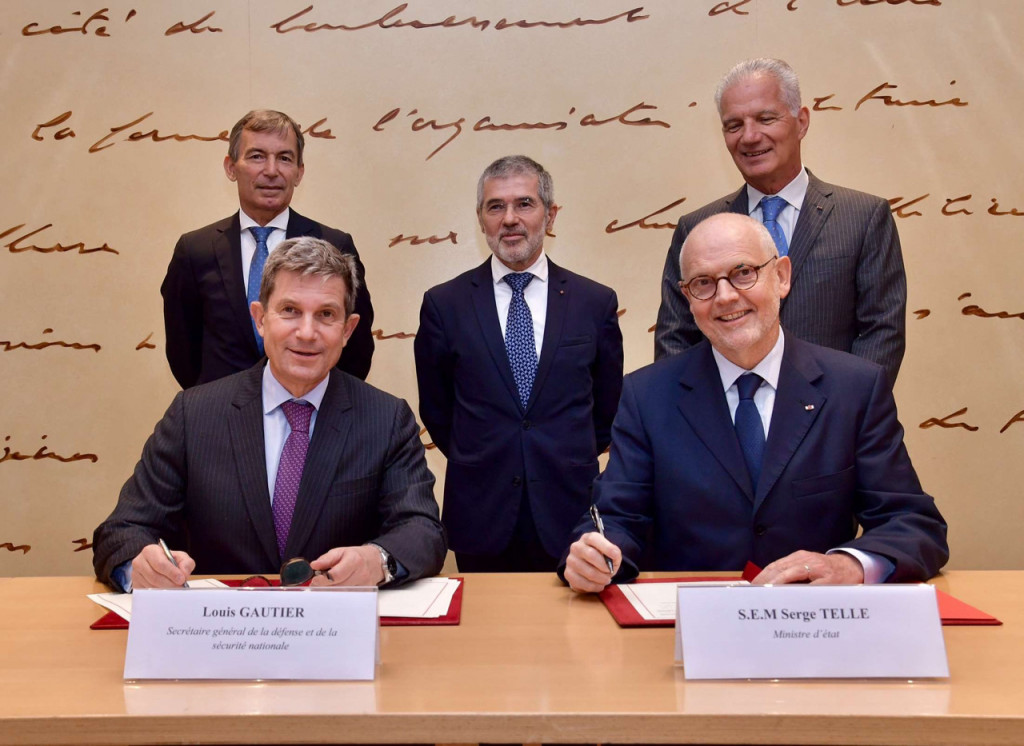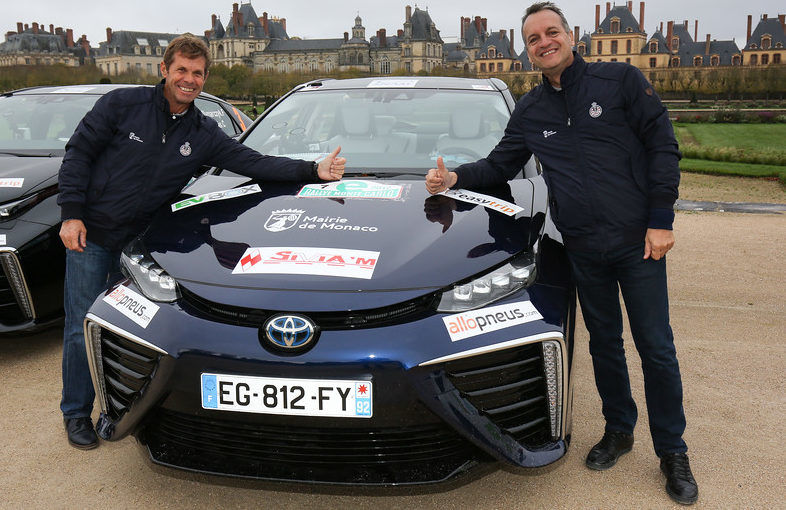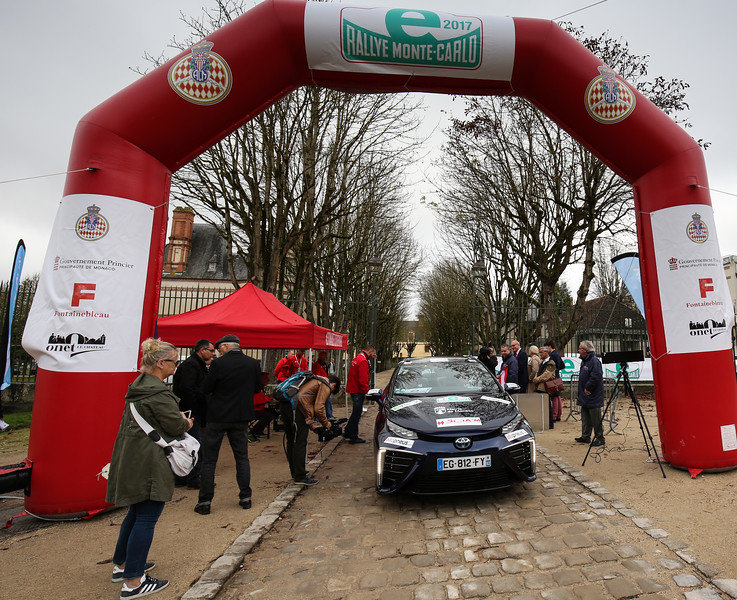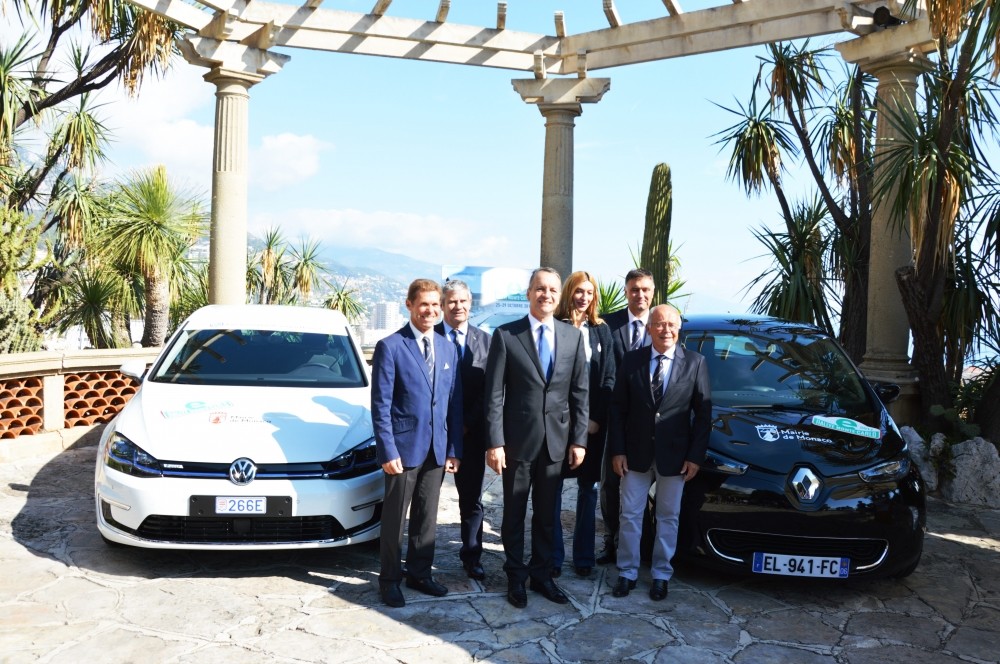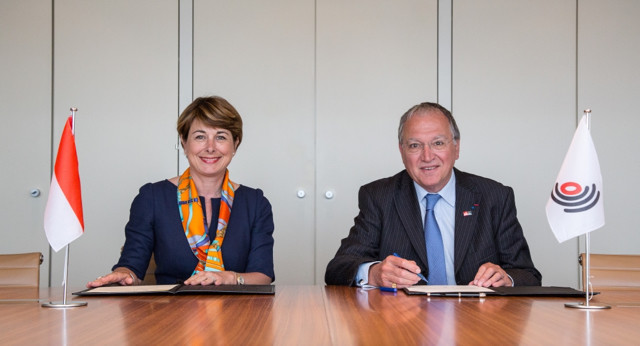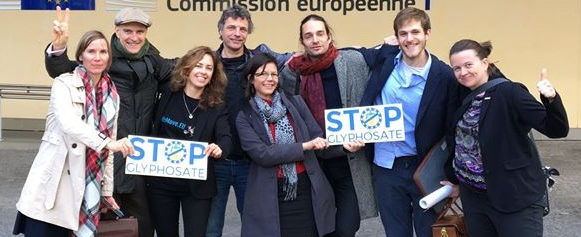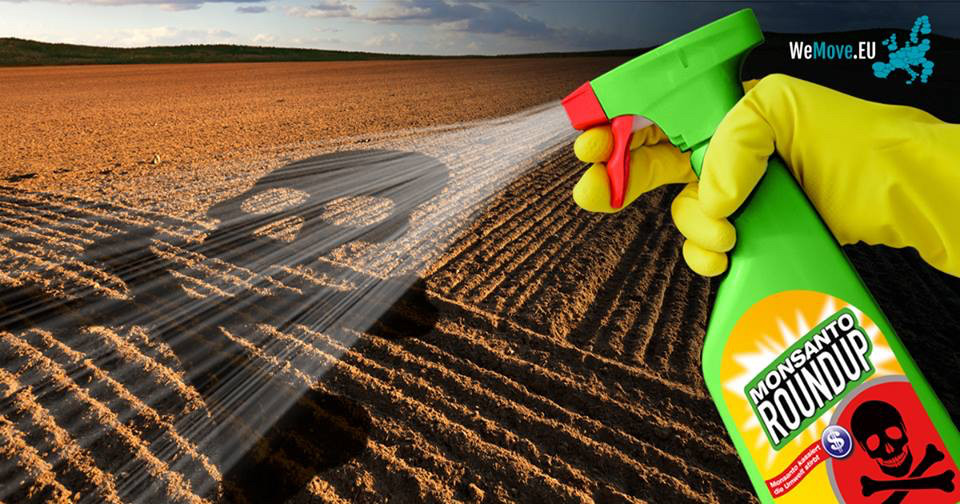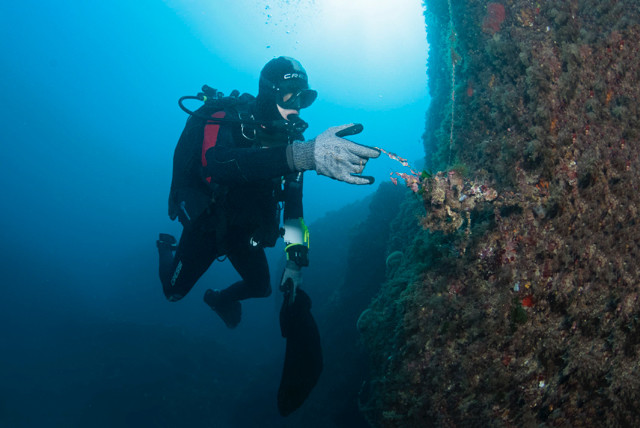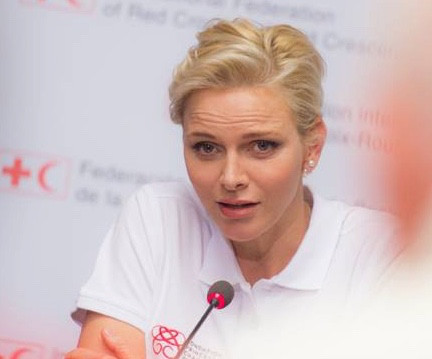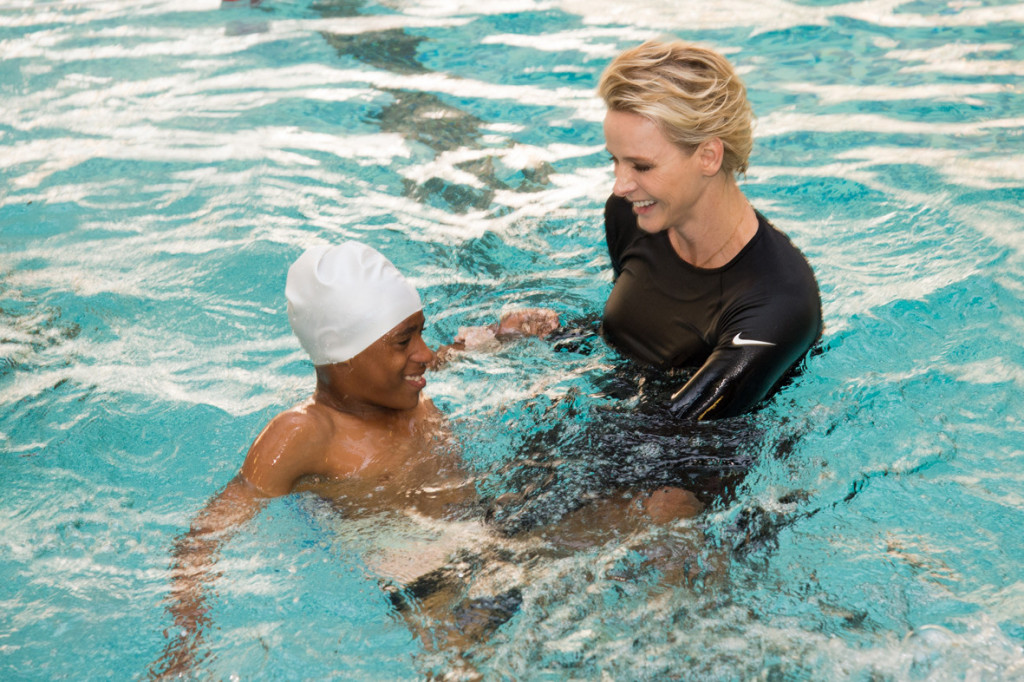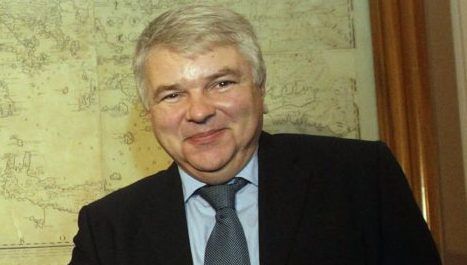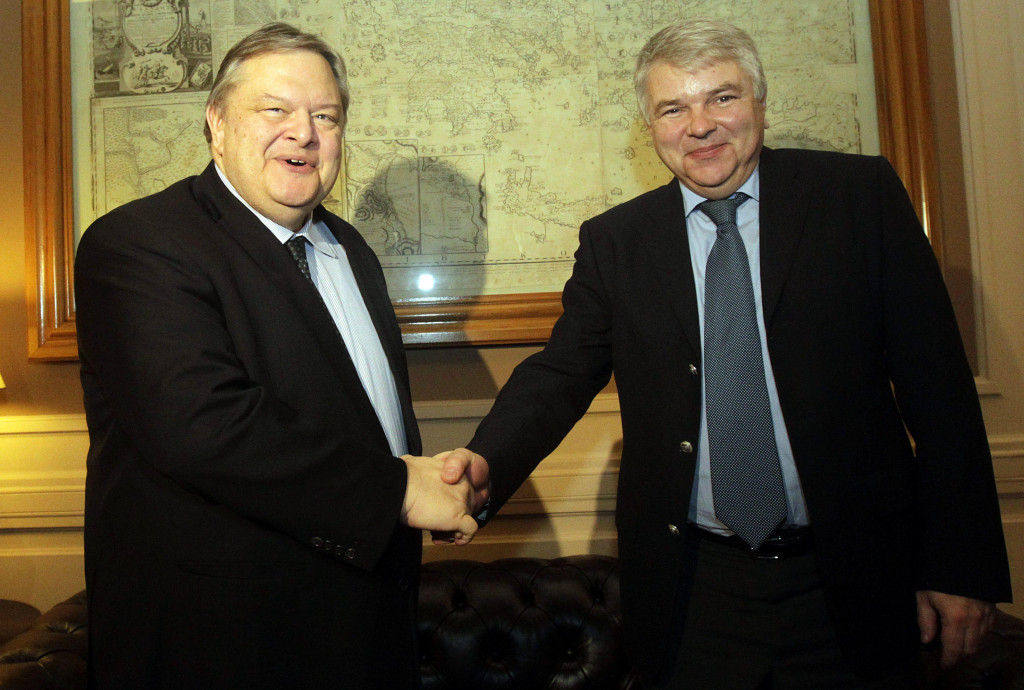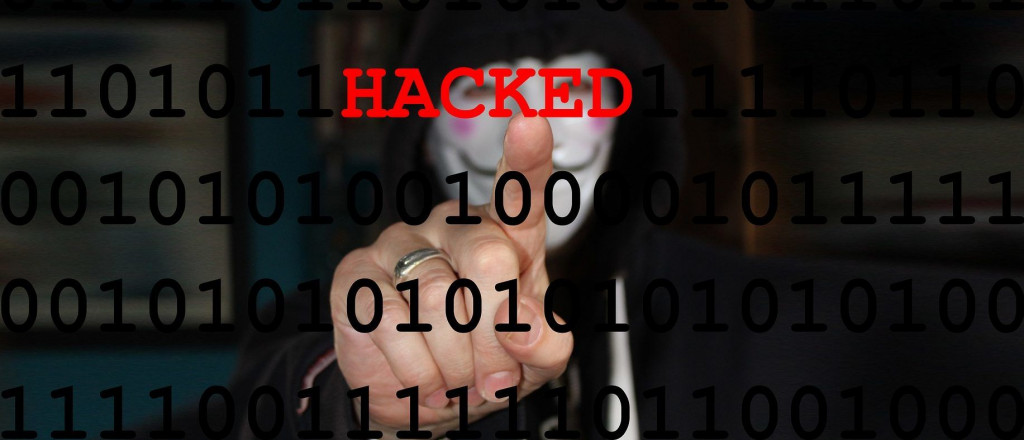
Led by Rear Admiral Dominique Riban, an engineer of the Naval Academy and SupTélécom Paris, ASMN’s functions are to prevent and detect digital attacks and to react and coordinate actions in crisis situations. It also raises awareness and encourages public services and security requirements.
As part of this pledge, the agency is supporting an event organised by FEDEM, the Federation of Monaco Employers, and the chambers of new technologies and insurance, on the topic of cybercrime.
The breakfast will take place, also with the support of the Economic and Social Council, on Thursday, November 16, at 8:15 am, in the Bellevue Salon of the Café de Paris (further information: evelyne@gramaglia.mc).
“Monaco is one of the safest states in the world and will do everything to keep it so, including in the digital sphere,” Monaco’s Minister of State, Serge Telle, said recently at a Security Summit.
“The arrival of digitalisation is a revolution … and a revolution is always synonymous with perils. We will therefore have to face new challenges, such as securing networks, putting in place appropriate procedures, developing response capacity, training staff and building competent teams, and, finally, creating an ecosystem.”
